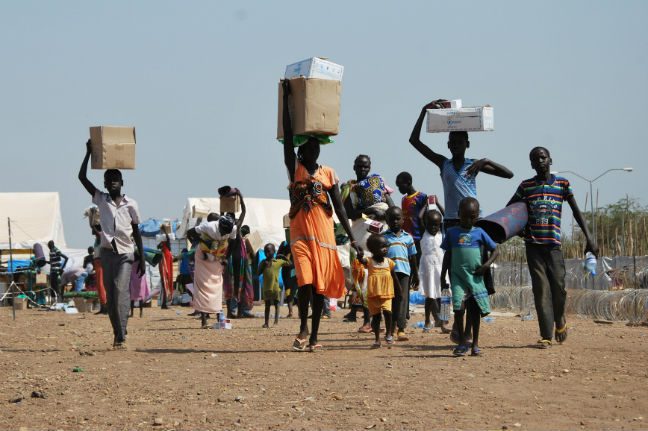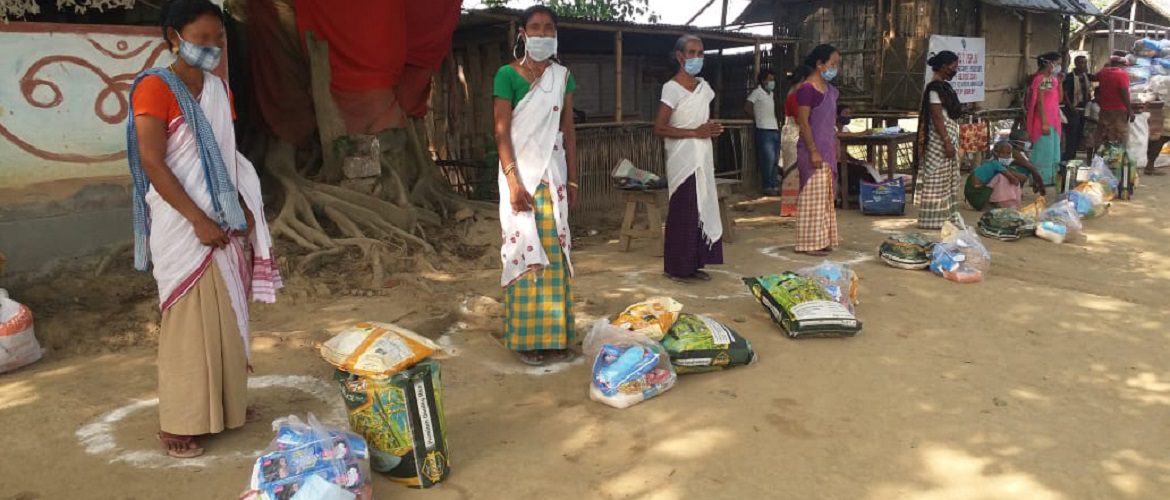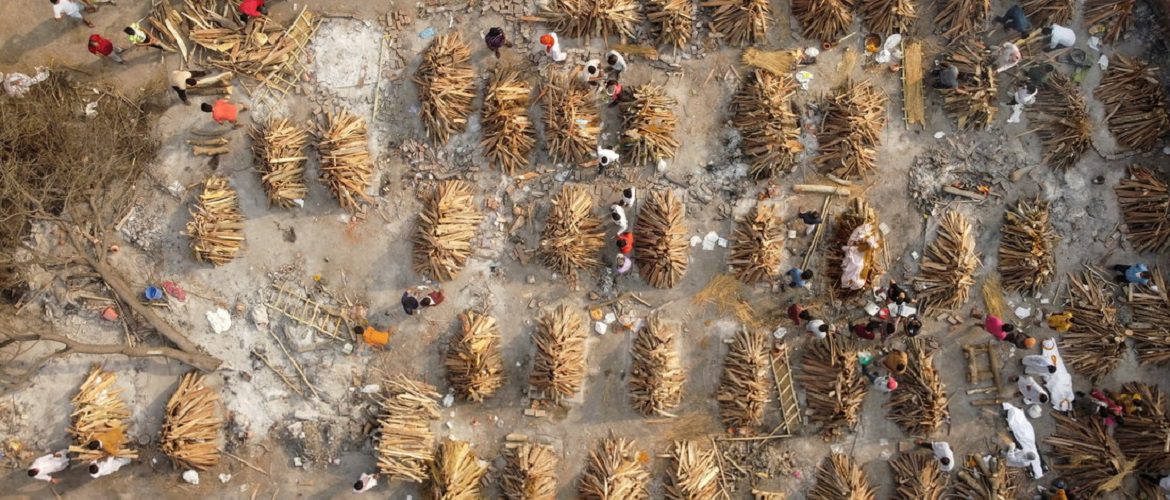By Ben Murphy, Humanitarian Advocacy Coordinator, Oxfam Australia
Elizabeth lives in a UN camp for displaced persons in Juba, the capital of South Sudan. She’s just one of around 100,000 civilians who has sought refuge in one of the compounds the United Nations peacekeeping Mission in South Sudan (UNMISS), following the outbreak of vicious fighting in December 2013.
While UNMISS’ decision to open its doors to people fleeing violence likely saved many lives — and it has made genuine efforts to protect these people from threats of violence — it still struggles to reach the 90% of displaced peoples in South Sudan who live beyond these areas.
“We take risks going outside to the market to feed our children.” Elizabeth says. “UNMISS needs to patrol more around the camp and the gates and also the roads to town so that we can go safely to the markets.”
Even within the bases themselves, UN Police deployed as part of UNMISS have struggled to maintain public safety and security. They’re faced with a range of challenges including inadequate staff numbers, lack of experience in crowd management and gender expertise, and a lack of correct equipment.
The challenges faced by UN Police in South Sudan are sadly not unique. While UN police are one of the fastest growing elements of UN Missions and have taken on increasingly complex tasks, there is still often a wide gulf between the mandates set by the UN Security Council and their ability to achieve their aims on the ground.
Lack of political will, inadequate resources and training, poor coordination, and challenges in recruiting appropriately skilled personnel all have inhibited the capacity of UN police to provide genuine, inclusive protection for civilians or to restore security and the rule of law. Women police remain grossly underrepresented within UN peacekeeping Missions. Around 10% of all UN Police are women — well below the UN’s own goal of 20% by 2014.
Women police remain grossly underrepresented within UN peacekeeping Missions. Around 10% of all UN Police are women — well below the UN’s own goal of 20% by 2014.
But the landmark UN Security Council resolution passed today –led by Australia and dedicated to the integral role of police in UN peacekeeping missions and in post-conflict peace-building — may help to reduce the gap between ambition and reality.
Even though police officers have been deployed as part of UN peacekeeping operations for almost 65 years, the UN Security Council has never before passed a resolution focused solely on UN Policing. Today’s resolution consolidates a broad range of guidance and standards to strengthen the unique role of UN Police in protecting civilians, as well as preventing sexual and gender-based violence.
Building on the Australian-led UN Security Council resolution 2117 on small arms and light weapons, it also sets out a role for UN police to address the devastating impact of arms through supporting, as mandated, weapons collections, stockpile management and disarmament, demobilisation and reintegration processes.
Most importantly, however, the resolution instills a new sense of political momentum and priority to reduce the gap between ambition and reality, and to accelerate efforts to ensure that UN police have the adequate capacity, resources and expertise to fulfill their mandates.
While today’s resolution is a landmark achievement for UN policing and the first of its kind, the real Test of its impact will be the change it achieves on the ground. The good news is that it sets out a process for Security Council members to consider an annual meeting on policing issues and requests the UN Secretary-General to submit a report on the role of policing as an integral part of peacekeeping and peace-building by the end of 2016.
This will allow governments, civil society and affected communities to monitor progress on how well the resolution is being implemented — and where further action is still needed.
For the sake of people like Elizabeth in South Sudan, members of the Security Council now need to work with governments and police-contributing countries to ensure that UN police now not only have the will to protect, but also the means to do it.




